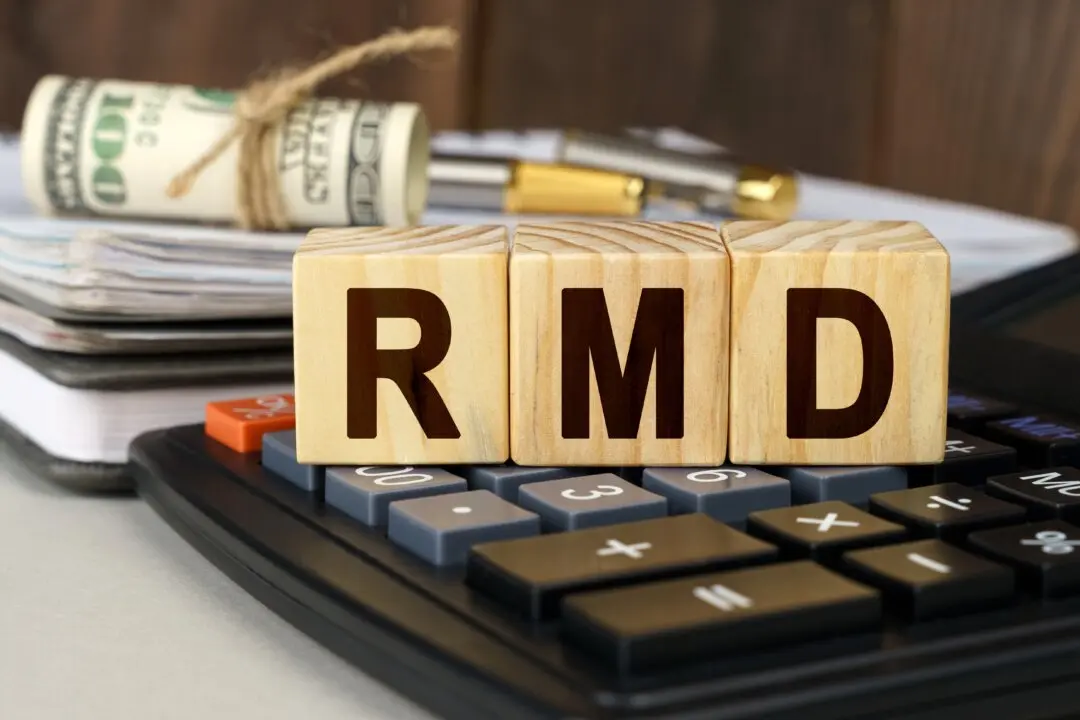Yes, your child can become an investor. You can open a brokerage account called a custodial account for a minor, but retain control of it. And when your child reaches the age of maturity, your child can take over the account. But by learning the value of a dollar, saving and investing early on, your child can already be on the path to proper money management and financial wellness.
And you have different types of accounts to choose from a variety of brokerage firms that may offer different investment options, competitive fees, and access to human financial advisers. So let’s explore your options.
Uniform Transfers to Minors Act (UTMA) Accounts
The Uniform Transfers to Minors Act (UTMA) accounts are designed to hold a variety of investment options. These may include traditional and alternative investments, such as:- stocks
- bonds
- mutual funds
- exchange-traded funds (ETFs)
- target-date funds (TDFs)
- precious metals (gold, silver, etc.)
- real estate
- works of art






